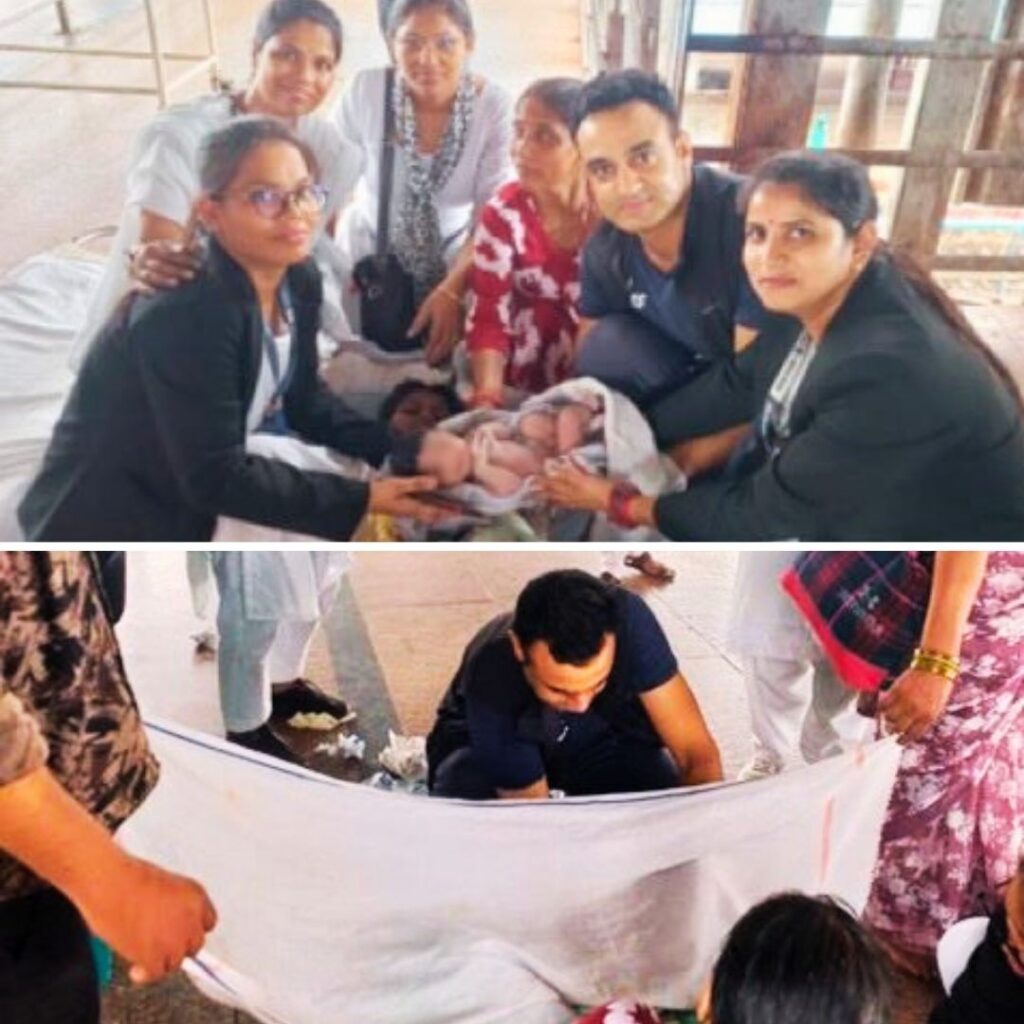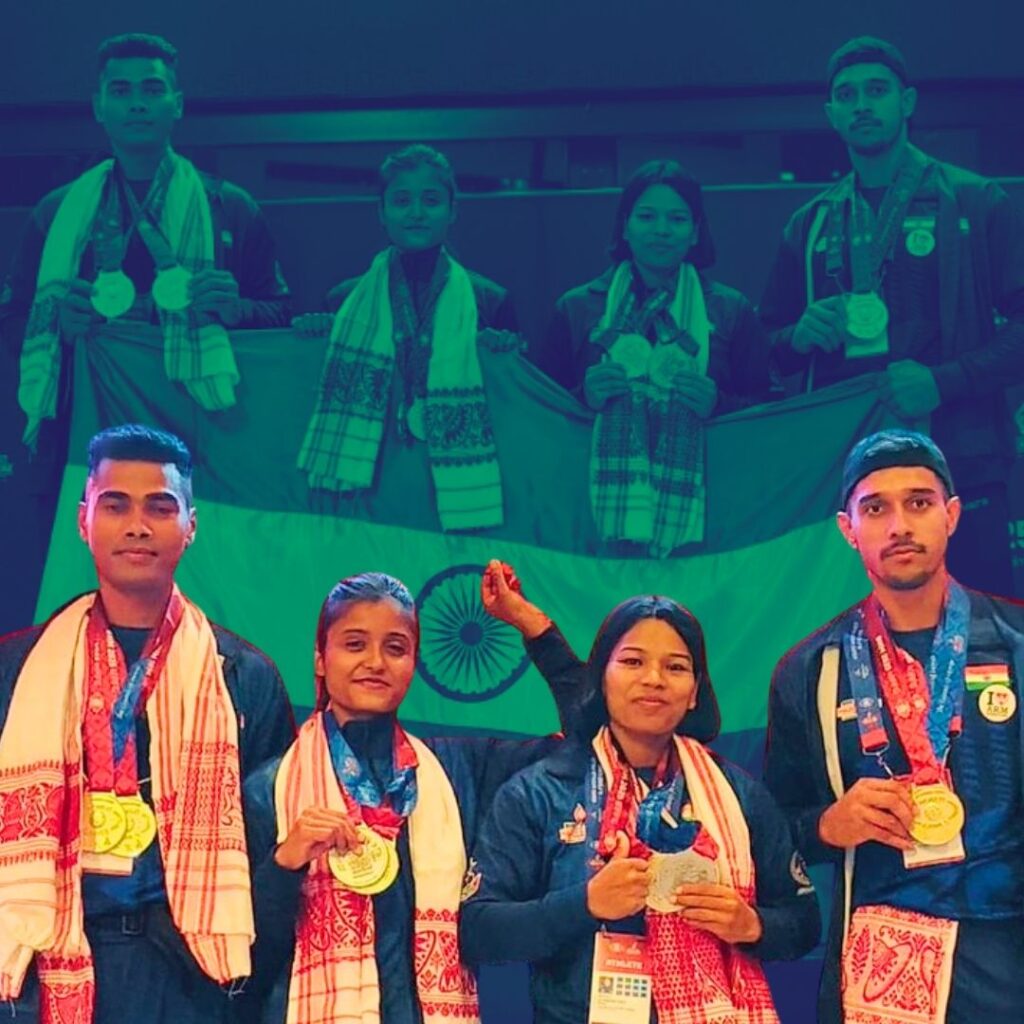With education moving online amid the COVID-19 pandemic, the Haryana government has resorted to a three-tier monitoring system to check whether the students are watching lessons telecast through TV, reported The Indian Express.
In an effort to ensure that students do not miss out on education due to the COVID-19 pandemic, the Haryana government has been conducting classes for students from class 1 to 12 via e-learning platforms since April 11.
However, after the government came to know that the online classes were not accessible for many government school students, it decided to impart education through Doordarshan.
‘Through an extensive exercise of data collection, we came to know that only 3 per cent households whose kids go to the government schools have laptops/computers with an internet connection, while 20 per cent households have mobile phones. With the initiation of the Unlock process, the parents take their mobile phones with them. In these circumstances, online education is not possible for the students of government schools,’ an official of the state Education Department told the media.
Following this, the Education Department decided to impart lessons through two education channels of Doordarshan. For this, on April 15, the Chief Minister Manohar Lal Khattar launched the CM ‘Distance Education Programme’. Under this programme, last month, the government also entered into an agreement with Reliance Jio TV to make EDUSAT available free of cost on the Jio platform.
‘Haryana Government has taken another important step towards improving the education of the school children of the state under the Chief Minister’s Distance Education Program during COVID-19. Under the agreement with Reliance Jio TV, all four channels of EDUSAT will now be available on the Jio platform free of cost,’ CMO Haryana had then tweeted in Hindi.
‘With this new initiative of the government, students will be able to watch all four channels of EDUSAT through TV, laptop, desktop, tablet and mobile. Not only this, but the aired content on TV will be available on Jio TV for a week so that students can see it at their convenience and time,’ it added.
According to the official, the Education Department has got a slot of four hours on Doordarshan’s education channels, whose lectures are telecast on the cable networks and Reliance Jio’s TV channel on mobile phones.
‘The teachers as well students are supposed to watch the sessions. Later, the teachers give homework to students through WhatsApp. Those students, who don’t have mobile phones, have been associated with those who have such phones,’ the official said.
As the lectures cover the syllabus of Haryana School Education Board, CBSE and other boards too, the concept is beneficial for the students of private schools as well.
However, as most of the students of government schools in the state come from poor families, including Dalit and backward communities, it has become a challenge for the government to impart lessons to them.
According to officials, out of total 24,000 schools in the state, nearly 14,500 are government schools, while the rest are private schools. Of the 52 lakh school students in the state, nearly half study in government schools.
In order to ensure proper implementation of the project, the government has asked each of the headmasters or principals of all 14,000 schools to call at least 20 students daily.
‘The headmasters have been asked to upload the details of those students, whom they called, on a government-run portal. To check whether the headmasters called the students, the government has further appointed 2,000 observers who call the students randomly. In the third phase, senior officers also make some phone calls,’ an official said, adding that with this method they reach 2.8 lakh students daily.
However, the ground reality seems to show that the concept isn’t getting the desired results. According to The Times Of India report, teachers are finding it difficult to get feedback from students of class 1 to 8. Many students are facing issues such as lack of balance in the mobile phone of parents, parents out of home, the dependency of three-four children on one mobile phone, and inability to download videos/large files due to poor network in the village.
In addition, as all the parents do not have phones and smartphones, they have given the WhatsApp number of their neighbours or other family members.
‘Many a time, it is seen when the person attending the call virtually threatens not to call on this number because of the estranged relationship with the family of the students,’ a teacher told the media.
‘If things continue in the current format, then this academic year will prove unproductive. The average student hardly attends such sessions. They just copy homework from any intelligent student and WhatsApp the same to the teacher just to complete the formalities,’ said Rajesh Chaubara, a labour activist from Chaubara village of Fatehabad district, whose two children study at a…











